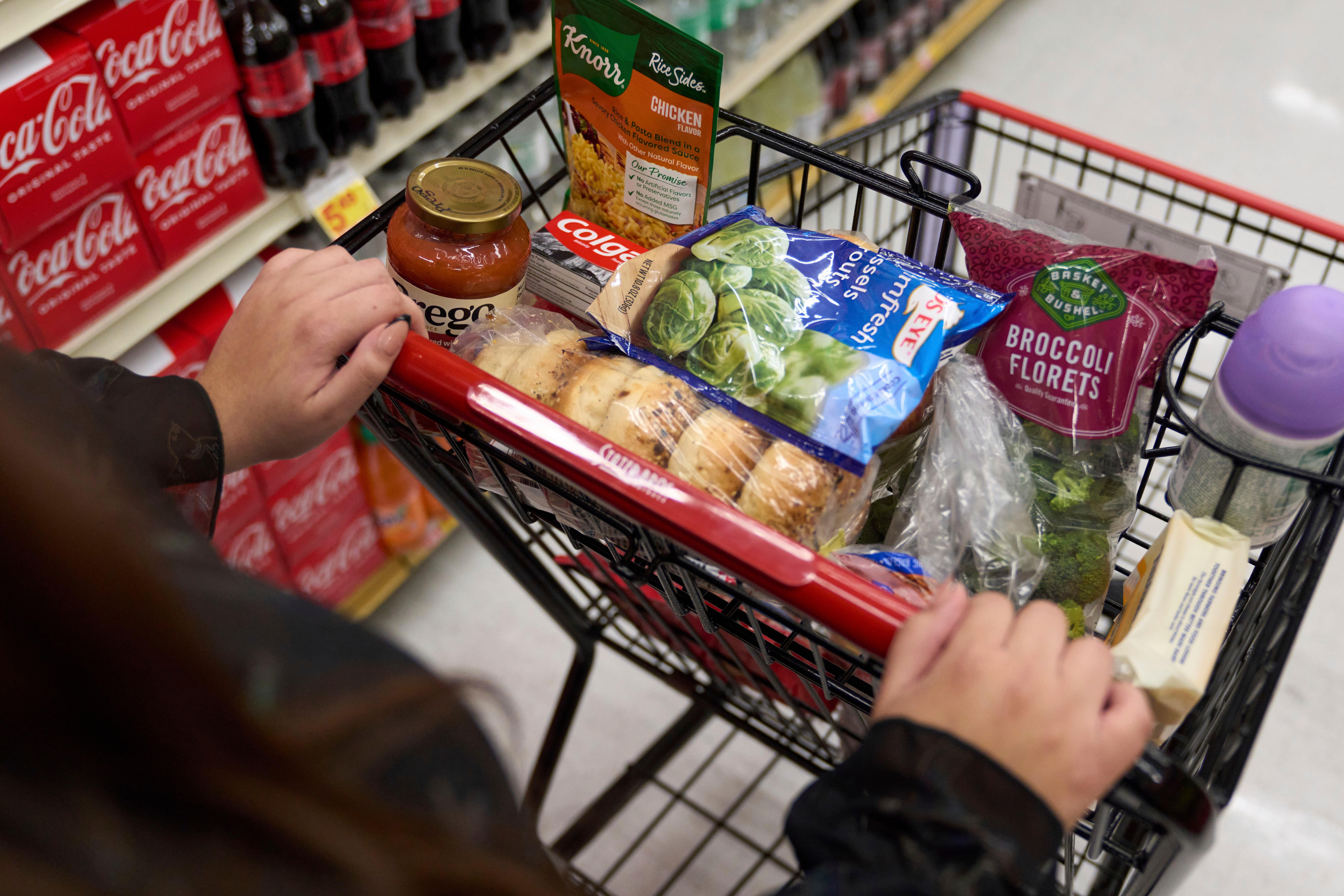Advocates are concerned that new work requirements for people receiving aid through the Supplemental Nutrition Assistance Program will hurt vulnerable populations in Mississippi.

Advocates are concerned that new work requirements for people receiving aid through the Supplemental Nutrition Assistance Program will hurt vulnerable populations in Mississippi.

Will Stribling
Thousands of Mississippians at risk of losing food aid under new law
As part of the deal to raise the nation's debt limit, people aged 50-54 will now be subject to work requirements to receive food assistance through the Supplemental Nutrition Assistance Program, commonly referred to as SNAP. The program provides food benefits to low-income families to supplement their grocery budget.
According to areport from the Center on Budget and Policy Priorities (CBPP), these new requirements will put almost 7,000 adults in Mississippi at risk of losing SNAP. Nationally, 750,000 adults are set to lose food assistance.
To retain SNAP benefits, a person subject to the requirements must work or participate in a jobs training program for at least 20 hours a week. Otherwise, they can only get the benefits for three months within a three-year period.
Ed Bolen, director of SNAP state strategies at the CBPP, says people in the 50-54 age group face barriers to finding employment that will make meeting these new requirements difficult.
“For that age group, many of those individuals are beginning to experience health conditions that could make it harder to work,” Bolen said. “If they’ve been doing physical labor most of their life, they might have a bad back, or find it that much more difficult to be on their feet eight hours a day.”
Work requirements for some who receive SNAP benefits have been in place since the Clinton administration,. They were put in place with the expressed goal of getting low-income people to be more self-sufficient and to increase workforce participation rates. However, multiple studies have found that the requirements don’t achieve this intended result.
For example, research showed that after the state of Virginia reinstated work requirements in 2018 after they were suspended for several years, neither employment nor earnings increased.
“We know that [the work requirement] doesn’t help them get jobs, it just cuts them off of SNAP, and then they have less of an ability to feed themselves and more barriers to getting work,” Bolen said.
Under the deal, three groups will be exempt from the work requirements: the homeless, veterans and adults between the ages of 18-24 who have aged out of the foster care system.
Emilee Shell, tri-chair of the Mississippi Poor People's Campaign, says that while removing the work requirements for certain vulnerable populations is great, it should not be done while increasing food insecurity for others, especially while grocery prices are so high.
“It’s going to result in financial strain,” Shell said. “Families may have to choose between paying for other essentials, like housing or health care, or buying food. All three are essentials for living.”
On July 1, 50-year-olds will become subject to the work requirements. Those aged 51-53 will be phased in next year, and 54-year-olds will be added in 2025. The work requirements for this group are set to expire in 2030.